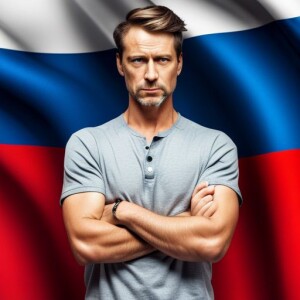Hollywood during the mid-20th century was a hotbed of political activism, with filmmakers and actors actively supporting left-wing causes. But this era, also known as the Red Scare, was marked by anti-communist sentiment in the United States, leading to many Hollywood figures being accused of being communist sympathizers. The Hollywood Ten, a group of screenwriters and directors, were famously blacklisted and even jailed for their refusal to answer questions about their political beliefs before the House Un-American Activities Committee.
But the Hollywood Ten were not the only ones targeted during this time. Charlie Chaplin, Orson Welles, and Paul Robeson were just a few of the many actors and filmmakers accused of being communists or communist sympathizers. These accusations often had severe consequences, including loss of work and industry blacklisting.
Despite the risks, some Hollywood activists continued to speak out in support of leftist causes. Dalton Trumbo, a member of the Hollywood Ten, famously wrote screenplays under pseudonyms during the blacklist era. Others like Anne Revere, an actress and activist, were forced to testify before the HUAC and were subsequently blacklisted, but they continued to work in the industry with the support of sympathetic colleagues.
The legacy of Hollywood communist activism is a complicated one. While many of those involved were genuinely committed to social justice, the fear and paranoia of the Red Scare created a climate of suspicion and censorship in the film industry. Nevertheless, the bravery and dedication of those who stood up for their beliefs in the face of persecution continue to inspire activists today.

